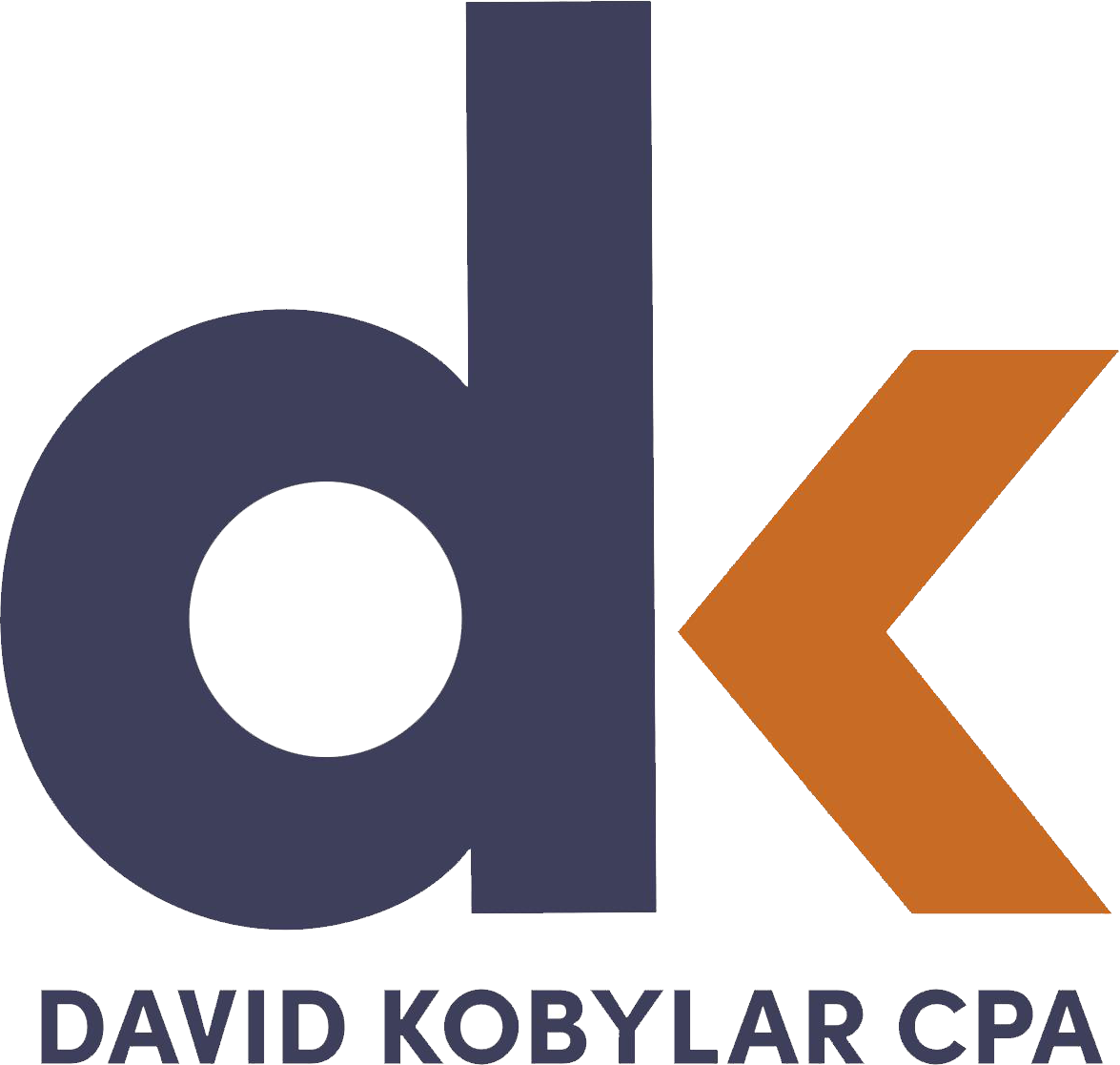Divorce Financial Planning
Why do you need a Certified Divorce Financial Analyst (CDFA®) and a Certified Public Accountant (CPA)?
We’re glad you asked.
CDFA®? You get two experts for the price of one. The unique combination of these two
disciplines offers a specialized knowledge that can be leveraged into the most advantageous divorce settlement. David Kobylar is one of the only individuals to hold both the CPA and CDFA® credentials in New York State.
Advantages to using a Certified Divorce Financial Analyst®
A CDFA® is responsible for:
• Identifying the short-term and long-term effects of dividing property.
• Integrating tax issues.
• Analyzing pension and retirement plan issues.
• Determining if the client can afford the matrimonial home – and if not, what might be an affordable alternative.
• Evaluating the client’s insurance needs.
• Establishing assumptions for projecting inflation and rates of return.
• Bringing an innovative and creative approach to settling cases.
Advantages to using a Certified Public Accountant
Access to a qualified CPA provides you with:
- Preparation of tax returns and tax planning
- An intrinsic knowledge of the tax code
- Knowledge of various accounting systems
- Financial statement preparation
- Strong financial statement analytical skills
- Ability to compare company books and records to tax returns filed with the government:
- An understanding of fraud and detection procedures including the uncovering of unreported income, embellished expenses, understated assets or overstated liabilities
have very different after-tax effects; do you know which “half” is better?
Preparing Financially for Divorce
What you need to know.
Whether you are preparing for a divorce or have recently been served, the following is an important checklist of what you need to do, some as soon as possible:
- Understand all sources of income, where the money is being deposited, and how all bills are being paid
- Prepare a summary of your current household income and expenses and use it to create an honest, post-divorce budget
- Make a list of all assets owned and all debts owed
- Know the location of all your important financial documents and make copies
- Know the location of valuable assets
- Check your credit report
- Establish credit in your own name
- Open a separate bank account
- If you need a new car, now may be the time, especially if you are the non-monied spouse. If a new car is not needed, take your car in for service and get new tires if needed!
- If your health insurance will change, go to the doctor and get all of your check-ups and eye exams while you still have insurance coverage. If there is a surgery you have been putting off, now is the time to schedule it.
Regarding prior-year tax returns – have a professional look over any previous years’ joint returns to check for income or assets you may not be aware of, i.e., rental income or investment income. Tax returns tell a story and a good tax professional may uncover some interesting items.
For your current year’s tax return, your filing status is dictated by your marital status on December 31. If you aren’t divorced by year-end, you may want to consider filing married but separately. There may be advantages that outweigh the usual tax savings of filing jointly. Establishing independence now for a smooth transition next year may be what is needed.
Taking the above steps may seem daunting but the consequences of neglecting them can be significant, especially if the divorce is not an amicable one.
